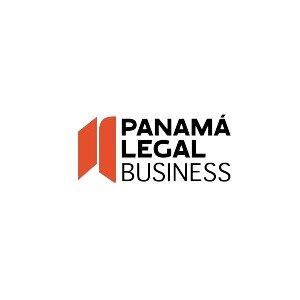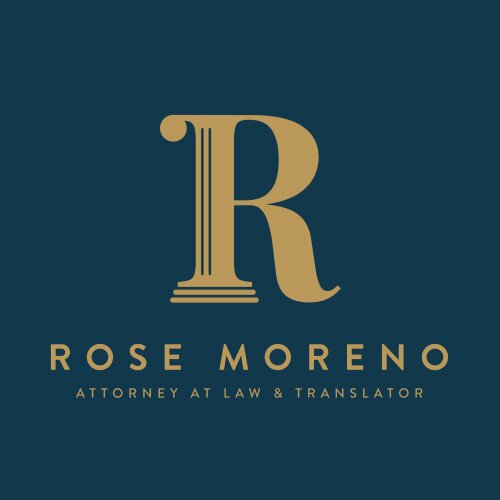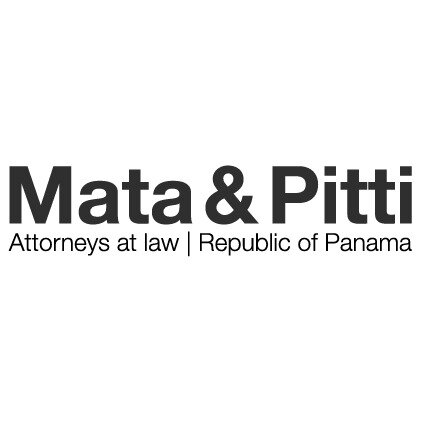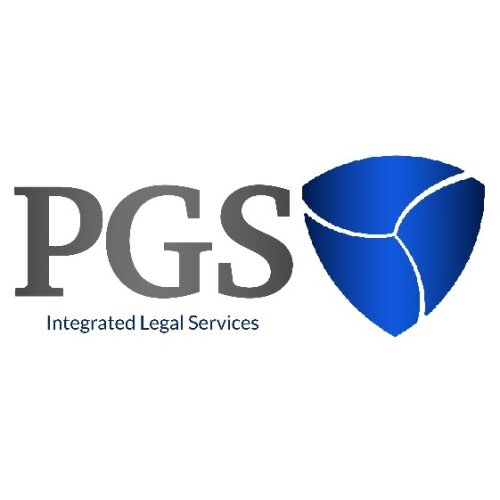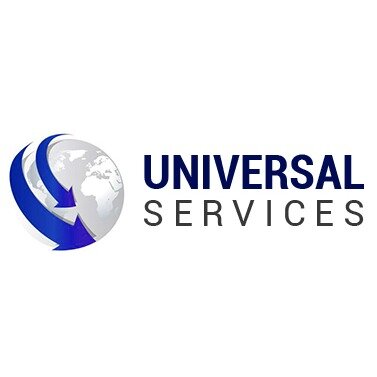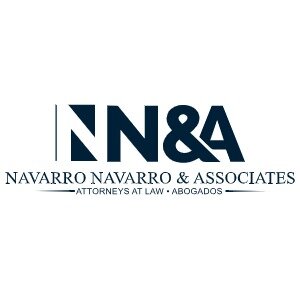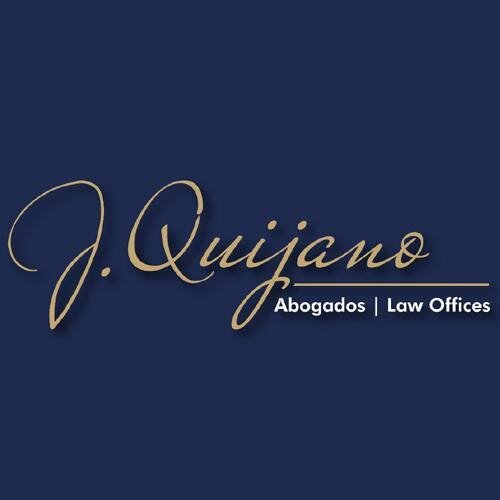Best Legal Document Lawyers in Panama City
Share your needs with us, get contacted by law firms.
Free. Takes 2 min.
List of the best lawyers in Panama City, Panama
About Legal Document Law in Panama City, Panama
Legal document law in Panama City, Panama, is a vital aspect of the Panamanian legal system, encompassing the creation, execution, and management of essential legal documents such as contracts, wills, deeds, and notarial acts. Panama, renowned for its strategic geographic location and robust legal framework, provides an adaptable legal environment that facilitates both local and international business operations. The country's legal system, grounded in the civil law tradition, emphasizes the importance of documentation in ensuring legal transactions are conducted with transparency and enforceability.
Why You May Need a Lawyer
Engaging with legal documents without expert guidance can be challenging due to their complexity and the potential legal implications. Here are some common scenarios where people may seek legal help in Panama City:
- Business Agreements: Drafting, reviewing, or negotiating contracts and partnership agreements to protect interests and ensure compliance with local laws.
- Real Estate Transactions: Handling property purchases or leases, which require meticulous legal document preparation and notarial services.
- Estate Planning: Creating wills, trusts, and handling probate matters to ensure seamless succession and asset distribution.
- Notarization: Obtaining notarization services, which are often mandatory for the validity of certain documents.
- Dispute Resolution: Addressing contract disputes or enforcement through legal channels.
Local Laws Overview
Understanding the local laws pertinent to legal documents in Panama is crucial for anyone involved in legal transactions. Some key aspects include:
- Legal Framework: Panama follows a civil law system based on comprehensive legal codes covering different aspects of law, including commercial, civil, and labor laws.
- Notarization Requirements: Many legal documents must be notarized to validate their legality, involving notaries who ensure that documents meet legal standards.
- Language of Documents: Official documents must generally be in Spanish; if drafted in another language, they need a certified translation.
- Contractual Freedom: Panamanian law upholds the principle of freedom of contract, allowing parties to draft agreements with considerable flexibility, within legal boundaries.
Frequently Asked Questions
What is the role of a notary in Panama?
Notaries in Panama authenticate documents, ensure compliance with legal formalities, and maintain public records of executed documents. They are crucial for legal document validation.
Do I need a lawyer to draft a will in Panama?
While not legally required, it is highly advisable to hire a lawyer for drafting a will to ensure it adheres to local laws and effectively communicates your wishes.
Are electronic signatures valid on legal documents in Panama?
Yes, electronic signatures are recognized under Panamanian law, provided they meet specific legal standards to ensure authenticity and integrity.
What documents need to be in Spanish?
All official documents submitted to Panamanian authorities must be in Spanish or accompanied by a certified translation to be legally enforceable.
Can I use a power of attorney drafted abroad in Panama?
Yes, but it must comply with Panamanian law and generally requires legalization and a certified translation into Spanish.
What is the process for resolving contract disputes?
Contract disputes can be resolved through mediation, arbitration, or litigation, depending on the contract's dispute resolution clause and circumstances of the case.
How are commercial leases governed in Panama?
Commercial leases are governed by civil law provisions specific to real estate and leasing, requiring well-drafted contracts to define parties' rights and obligations.
Is it necessary to legalize foreign documents for use in Panama?
Yes, foreign documents must be legalized or apostilled and translated into Spanish to be legally operative in Panama.
What types of contracts require notarization?
Contracts involving real estate transactions, significant financial commitments, and corporate documentation typically require notarization.
How can I ensure my business contracts comply with Panamanian law?
Consulting with a local attorney who specializes in business law can ensure that contracts conform to legal requirements and best protect your interests.
Additional Resources
For further assistance and reliable information on legal documents in Panama City, consider these resources:
- Panamanian Bar Association: Provides guidance and referrals to qualified lawyers and legal professionals.
- Chamber of Commerce and Industry of Panama: Offers resources for businesses and entrepreneurs needing legal documentation advice.
- Government Agencies: The Ministry of Government and the Panama Maritime Authority may provide relevant legal documentation guidelines.
Next Steps
If you require legal assistance concerning legal documents in Panama City, follow these steps:
- Assess Your Needs: Determine the type of legal document assistance you require.
- Research Legal Professionals: Find a lawyer or notary public with expertise in your area of need.
- Consult an Expert: Schedule a consultation to discuss your specific case and obtain personalized legal advice.
- Review and Execute Documents: Work with your chosen legal professional to prepare and finalize all necessary documents in compliance with Panamanian law.
Lawzana helps you find the best lawyers and law firms in Panama City through a curated and pre-screened list of qualified legal professionals. Our platform offers rankings and detailed profiles of attorneys and law firms, allowing you to compare based on practice areas, including Legal Document, experience, and client feedback.
Each profile includes a description of the firm's areas of practice, client reviews, team members and partners, year of establishment, spoken languages, office locations, contact information, social media presence, and any published articles or resources. Most firms on our platform speak English and are experienced in both local and international legal matters.
Get a quote from top-rated law firms in Panama City, Panama — quickly, securely, and without unnecessary hassle.
Disclaimer:
The information provided on this page is for general informational purposes only and does not constitute legal advice. While we strive to ensure the accuracy and relevance of the content, legal information may change over time, and interpretations of the law can vary. You should always consult with a qualified legal professional for advice specific to your situation.
We disclaim all liability for actions taken or not taken based on the content of this page. If you believe any information is incorrect or outdated, please contact us, and we will review and update it where appropriate.



